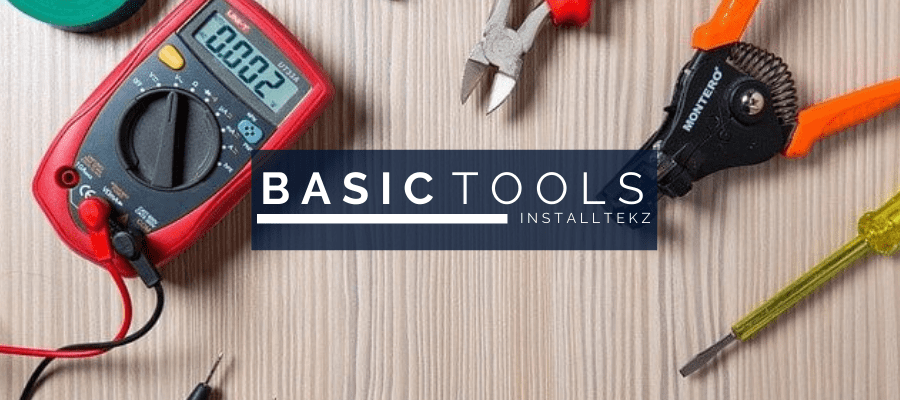
Best Tools for Electronics Beginners
When diving into the world of electronics, having the right tools can make all the difference. Whether you’re a complete beginner or looking to expand your skillset, having the right tools at your disposal can help you learn and grow as you delve deeper into the fascinating world of electronics. Here are some of the best tools for electronics beginners to consider adding to their toolkit:
1. Multimeter
A multimeter is an essential tool for anyone working with electronics. This versatile device can measure voltage, current, and resistance, making it indispensable for troubleshooting circuits and testing components. Look for a digital multimeter with a variety of functions and a clear display for easy reading.
2. Soldering Iron
Soldering is a fundamental skill in electronics, and having a quality soldering iron is crucial for creating strong and reliable connections. Look for a soldering iron with adjustable temperature settings and a comfortable grip to make your soldering projects a breeze.
3. Breadboard
A breadboard is a handy tool for prototyping circuits without the need for soldering. With a breadboard, you can quickly and easily test out different circuit designs and make changes as needed. Look for a breadboard with labeled rows and columns for easy organization.
4. Wire Strippers
Wire strippers are essential for removing insulation from wires to expose the metal conductor. This is necessary for making clean connections and ensuring proper conductivity in your electronic projects. Look for wire strippers with adjustable cutting depths for versatility.
5. Desoldering Pump
When working with electronics, mistakes happen, and being able to desolder components is essential. A desoldering pump, also known as a solder sucker, is a handy tool for removing solder quickly and cleanly from circuit boards. Look for a desoldering pump with a comfortable grip and easy operation.
6. Helping Hands Tool
A helping hands tool is a must-have for holding components in place while you solder or work on intricate projects. This tool typically consists of adjustable arms with alligator clips that can hold wires, components, or PCBs steady as you work. Look for a helping hands tool with a sturdy base and flexible arms for ultimate versatility.
7. Component Tester
A component tester is a handy device for identifying and testing electronic components such as resistors, capacitors, and transistors. This tool can save you time and frustration by quickly identifying faulty components and ensuring that your circuits work as intended. Look for a component tester with a clear display and easy-to-use functions.
8. Oscilloscope
An oscilloscope is a more advanced tool that allows you to visualize and analyze electronic signals in real-time. While not essential for beginners, an oscilloscope can be a valuable tool for troubleshooting complex circuits and understanding the behavior of electronic components. Look for an oscilloscope with a variety of functions and a user-friendly interface.
Conclusion
As you embark on your journey into the world of electronics, having the right tools at your disposal can help make your learning experience more enjoyable and productive. Whether you’re just starting out or looking to expand your electronics toolkit, investing in quality tools can pay off in the long run. Consider adding some of these essential tools to your collection and watch as your skills and confidence grow.
Was this helpful?
0 / 0